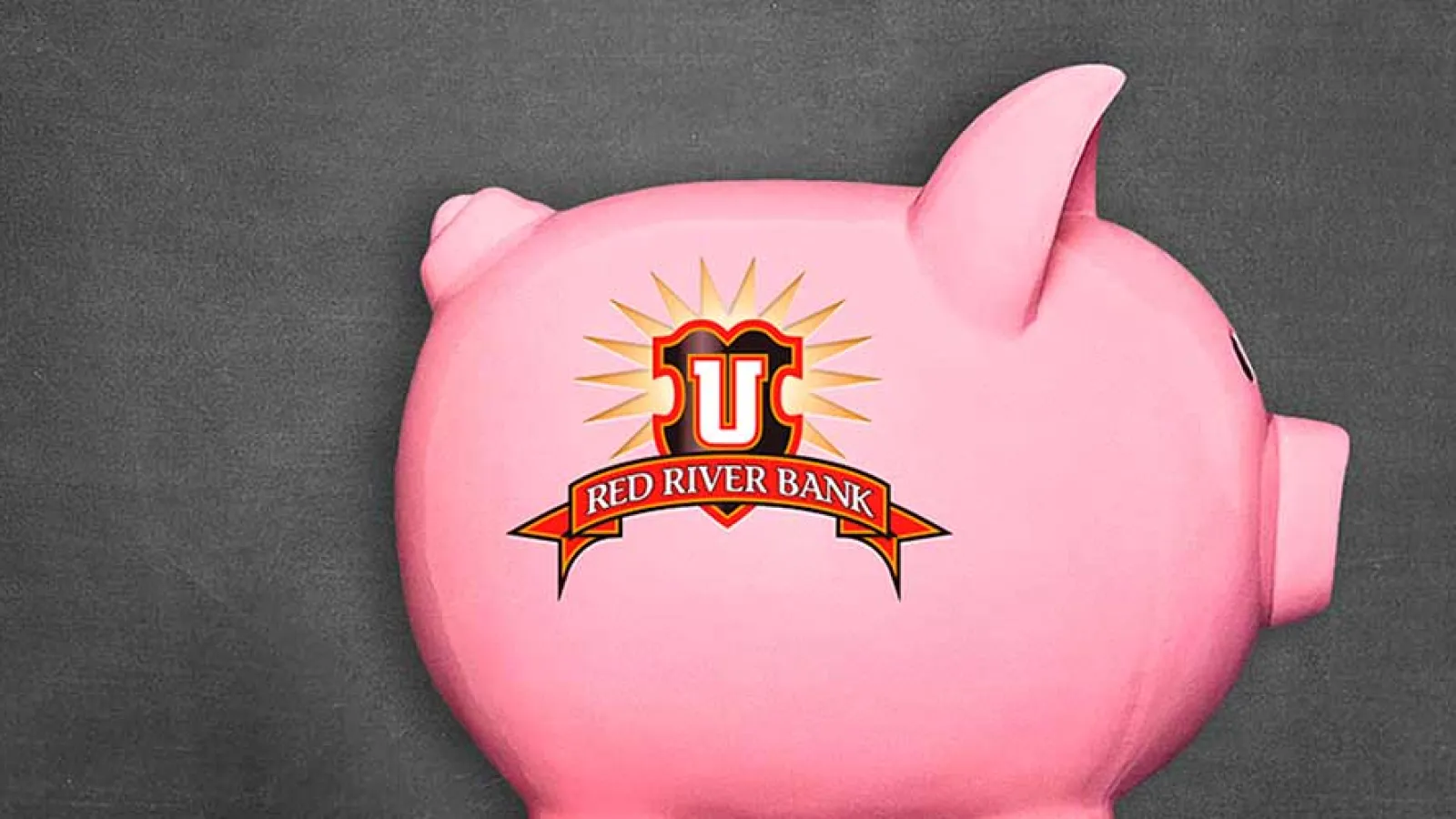- Recently we're seeing a lot more of Red River Bank University, although now it's been streamlined to the catchier "RRBU." What's changed?
- How accessible is RRBU—who can use it?
- Even someone who isn't a Red River Bank customer?
- What age group is RRBU geared toward?
- What kind of information does Red River Bank teach?
- Why is that so important?
- What other areas do you cover
- What is a typical RRBU class like?
- Are there opportunities for one-on-one questions and guidance?
- Let's say I wanted to have a seminar taught at my church or office. Where would I start?
- Q: Recently we're seeing a lot more of Red River Bank University, although now it's been streamlined to the catchier "RRBU." What's changed?
- RRBU has been around since 2004, but recently we've married its resources with our community development and outreach programs. It's a result of a conversation we've had, asking ourselves how we could expand RRBU and make it even more accessible.
- Q: How accessible is RRBU—who can use it?
- Anybody can use it.
- Q: Even someone who isn't a Red River Bank customer?
- Yes. We want to empower our customers—but also our whole community—with the facts, tools and resources needed to bank more securely and feel more confident in their decisions.
- Q: What age group is RRBU geared toward?
- In addition to empowering our customers and communities in general, we have three focus areas. Improving access for the underserved, bringing financial education into the workplace, and making sure our children and youth are going to be financially capable.
- Q: What kind of information does Red River Bank teach?
- That depends on the population. For children, we help them understand budgeting and savings. I get really excited about this program, because financial skills are ones we use and need for everyday living, but are generally not covered in school. For high school and college students—moving on into adulthood—we want them to be thinking about managing their finances which includes understanding credit.
- Q: Why is that so important?
- We want to ensure that they engage in financially responsible behaviors, like saving and managing their credit score. People who have lower credit scores have limited access to credit and pay more for everything. People with higher credit scores have the benefit of banks competing for their business instead of them shopping around.
- Q: What other areas do you cover?
- Building assets through saving and purchasing homes.
- Q: What is a typical RRBU class like?
- We work in a few different ways. In addition to our ongoing seminar series, we're now developing online webinars. That way if someone can't make an in-person class, they can go onto our new website to learn more about budgeting or purchasing a home, for instance. We're also going out into the community to offer seminars in schools, churches and community groups. Finally, we're working with employers to build financial education into their employee wellness programs.
- Q: Are there opportunities for one-on-one questions and guidance?
- Absolutely. If there's not time before or after a seminar to have a one-on-one question, we'll set up an appointment with someone at Red River Bank.
- Q: Let's say I wanted to have a seminar taught at my church or office. Where would I start?
- Right here with me. jseastrunk@redriverbank.net or Call Jannease Seastrunk at 318-561-5814.
